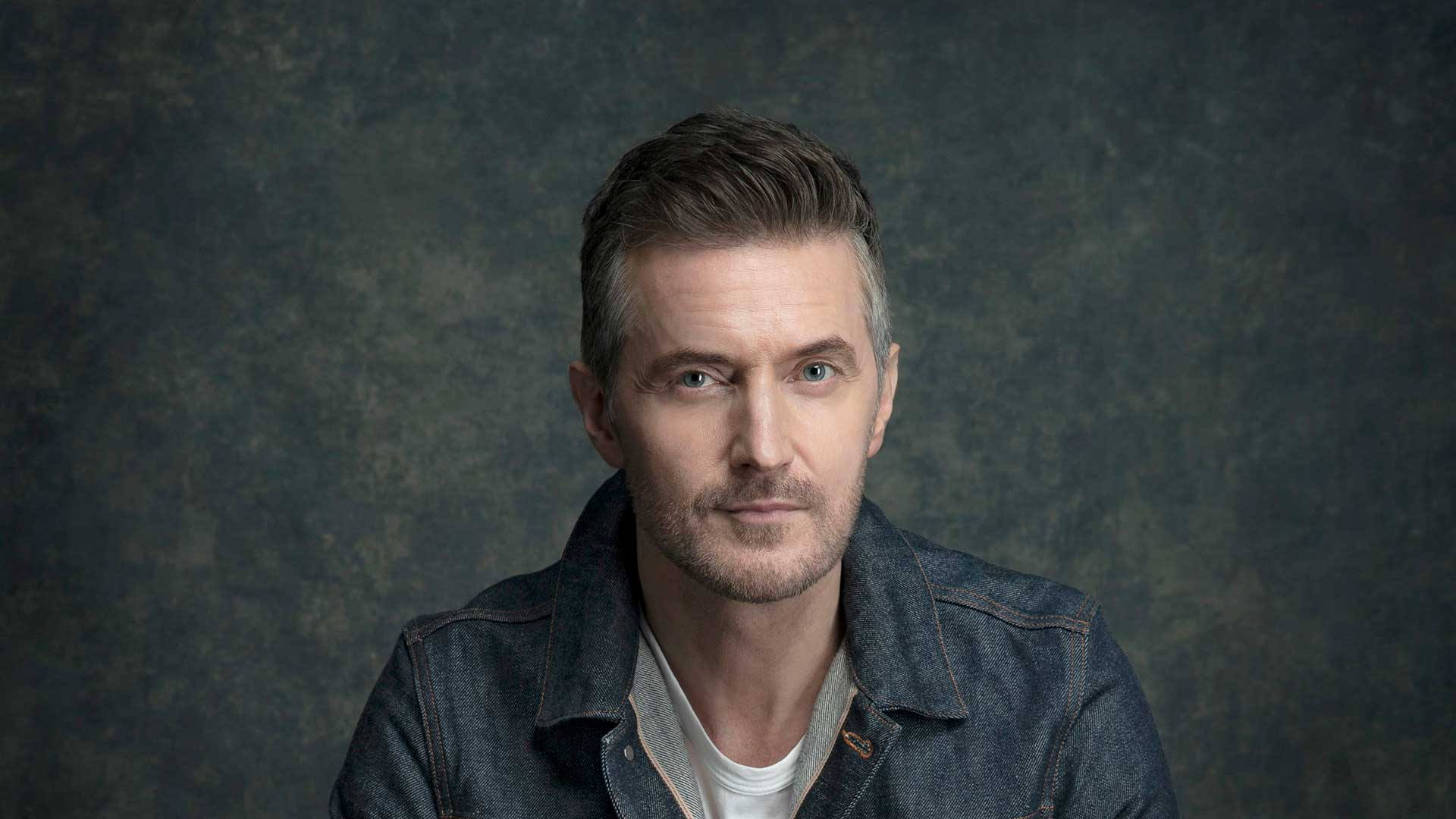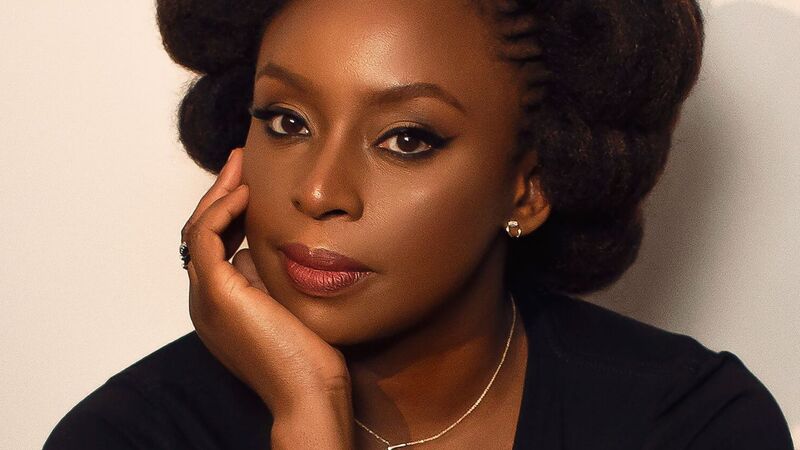You are viewing your 1 free article this month. Login to read more articles.
Audible bestseller Richard Armitage talks about why audiobooks have to keep innovating

Katie Fraser is the chair of the YA Book Prize and staff writer at The Bookseller. She has chaired events at the Edinburgh International ...more
‘The Hobbit’ star turned crime writer and Audible bestseller stars alongside Nicola Walker in his Audible original Geneva

Katie Fraser is the chair of the YA Book Prize and staff writer at The Bookseller. She has chaired events at the Edinburgh International ...more
Richard Armitage is a connoisseur of storytelling. Not only is the actor a beloved fixture of the British dramatic arts landscape, but he has lent his voice to 61 audiobooks, including two of his own crime novels. Attending Frankfurt Book Fair for the first time, Armitage is appearing today with long-standing associates at Audible to discuss what is next for audiobooks.
It is no surprise that the man who embodied the taciturn and brooding exiled dwarf king Thorin Oakenshield in Peter Jackson’s adaptation of The Hobbit credits J R R Tolkien as having a “massive impact” on
him as an “imaginative person”. As a child, Armitage read The Lord of the Rings “two or three times”. He adds: “I couldn’t stop reading... I would get to the end of the book, and I would almost grieve for the characters, so I [would] go all the way back to the beginning to read it again because I’d lost my friends.” There is a Tolkien “easter egg” for eager listeners in Armitage’s most recent audiobook, The Cut.
Storytelling has contoured every aspect of Armitage’s life. “My whole journey into the actor I am now started when I was really young,” he explains over video call from his home in New York. “When I look at the trail that I followed, it has always been rooted in storytelling, whether that was as a reader when I was a kid, or when I started dancing as a seven year-old. I wasn’t sure whether I was going to be a musician, a singer or a dancer. I tried all of those things and found my way back into classical acting and the spoken word.”
Armitage’s début Geneva was a critical and commercial success. The audiobook showcases the author’s skill as a narrator as he deftly negotiates the psychological breakdown of his main character Daniel, alongside actor Nicola Walker’s magnificent turn as fellow protagonist Sarah Collier.
Geneva was released first as an Audible Original in 2022, before being acquired for print in a 24-hour pre-empt by Faber. It went on to be shortlisted for the British Book Award Fiction Audiobook of the Year 2023 and has, to date, sold more than 19,500 copies through Nielsen BookScan UK. This number, to be clear, is print sales, excluding downloads through Audible. Armitage’s second novel, The Cut, followed the same path and Faber will release the print edition in August 2025, a year after the audiobook launch.
Armitage likens writing with an audio-first approach to being a composer: “Is a musician the score, the printed score, or is a musician the music?” He continues: “The word writing does suggest I’m going to put my fingers on a keyboard and write it down.” But storytelling is, for Armitage, about emotion. In the same way that a score is a representation of the music, the printed word is only a representation of the story. It takes audio to bring it to life. “I sat down and thought: ‘Okay, how do I speak to the listener?’ I’m going to write it down, so that I can record it. So, I wrote the score, so that I could perform it.”
Armitage’s decades of work on stage and screen have primed him to consider the art of narration with a scrupulous eye and his aim is to create an emotionally immersive experience for the listener. “You’re creating a theatrical experience without any visuals,” he says, so every word is important. Armitage “get[s] the most excited” about scenes that involve “verbal sparring”. He explains: “When I’m writing a climactic scene between two people, I’m usually up on my feet acting it and then I’ll come back to the computer and write it down.”
I felt like I had to prove myself. Maybe by always coming in through the door of audio there’s a bit more validity there
Imperfection is important in these moments. “Sometimes you have to be grammatically incorrect, because when we speak in passion or haste, we don’t always pick beautiful words and we don’t always speak correctly.” This can create a “paradox” when his audiobooks are adapted for print, as the “copy editors are there to make sure that it’s all written properly and correctly, but the humans inside my story don’t have copy editor brains and they speak incorrectly”.
Consider playing the role of Guy of Gisbourne and duelling Robin Hood, as indeed Armitage has in BBC’s 2006 adaptation of “Robin Hood”. If the dialogue during these fights “was too intellectual or too considered, it was impossible to match the movement with the words”. Sage advice follows: “When stabbing at someone with a sword, you can’t be saying words that don’t match the physicals.” Armitage applies the same principle to his writing. The emotion and action come before the printed words. The music before the score. “I’m definitely riffing on sound rather than the printed word.”
When I ask Armitage if he will always pursue an audio-first approach with his prose, he reflects: “I know that in the early stages a lot of authors thought: ‘Oh, he’s just ghostwritten a book and slapped his name on the cover to sell copies.’ There was a bit of scepticism. I felt like I had to prove myself. Maybe by always coming in through the door of audio there’s a bit more validity there.”
The future of audiobooks will require innovation, according to Armitage. Audible is no longer the only audiobook player in the market and they will “have to innovate in order to stay unique and relevant”. He predicts a “fight” for human voices: “AI wants to make everything perfect and straighten everything out and I’m like: ‘No, no, no. We have to make everything flawed. We have to make it much more human.’” Armitage continues: “I think we have to try to be more and more human the more advanced the technology becomes.”
However, creating a symbiosis between the human and the technological presents vast opportunities. “The great phrase that David Hewson [the crime writer with whom Armitage has collaborated for several audiobooks] gave me was Kopfkino, the German word for ‘the cinema of the mind’, which I keep using, I love it.”
To create a “cinema of the mind” with audiobooks, Armitage wants to push the boundaries: “I think about the things I wanted to put in my book that [Audible] had to step away from. I wanted more sound effects. I would probably like a few more voices, but it’s like: ‘Well, no, an audiobook is one or two readers.’ Can an audiobook be multiple voices? Can we have sound effects? Can we use more surround sound? Can we use distance? Do people want to have wind in the back of a scene or do they want to feel like they’re inside a car? I personally would quite enjoy that.”
Armitage will be speaking at 2pm today on the “Audible Landscape: What’s Next for Audio, Building Audience and Creating Breakout Authors” panel with Aurelie de Troyer, Audible head of regional content in Europe (Frankfurt Studio, Foyer Hall 4.0, Room Europa).










